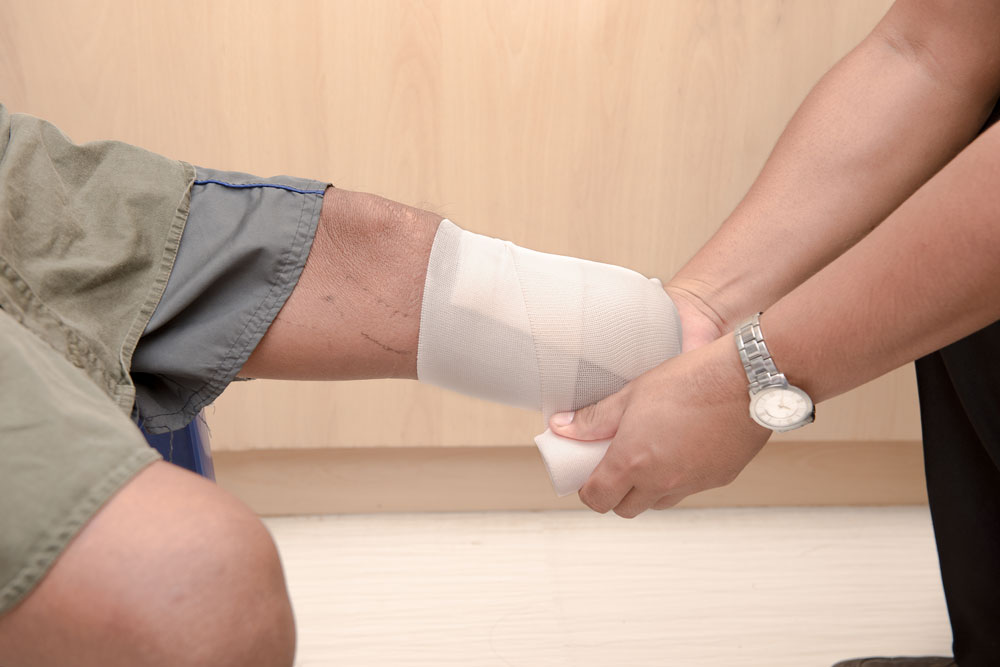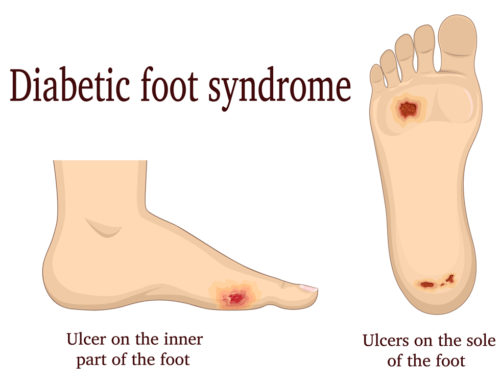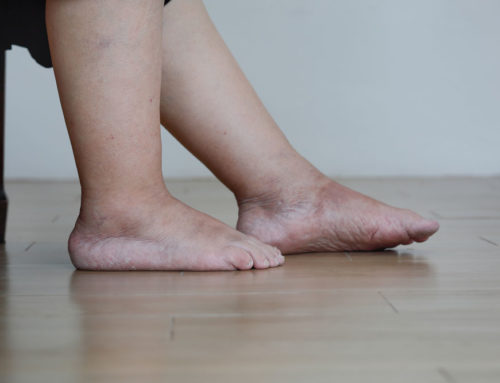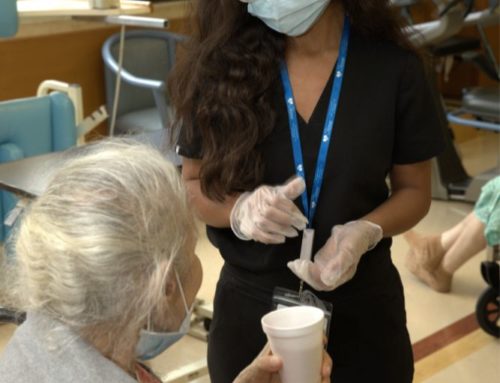Everything You Should Know About Care After Amputation
Pain management, wound healing and emotional support are the key things patients need after amputation. Past that—and loving care in a friendly setting—rehabilitation therapies are very important. For leg amputees that means improving your mobility in any way possible, while keeping you safe and comfortable.
What Happens After An Amputation?
Immediately after amputation of a leg or arm the most common problems are pain and swelling. Post-operative care and rehab after amputation involve swift actions to alleviate pain, reduce any swelling and set the wound on course for rapid healing. Swellings after above-the-knee amputations can take several weeks to subside.

Doctors will closely monitor the wound-healing process to make sure infections don’t set in. They will also check up on any conditions that might interfere with healing, such as diabetes or hardening of the arteries.
An effective and tailored care plan is crafted based on the patient’s medical history and circumstances. Good hygiene is essential and nurses take great care applying fresh dressings as necessary. Doctors check up on the medication, note any side-effects, and adjust your regime as necessary. Physical rehabilitation can begin quite soon after surgery, starting with stretching exercises.
How Long Does It Take To Recover?
This obviously depends on the patient’s overall health and the nature of the amputation. After a leg amputation there will normally be a lengthy period of rest, recuperation and post-operative care. You will need to build up muscle strength and relearn how to balance and move about. Rehab for above-the-knee amputees can last as long as a year.
Amputations are traumatic and learning to live with new limitations can be frustrating. Throughout this period emotional support from families and nursing staff will be crucial. They will help you adjust your expectations and habits while staying positive after amputation.
Physiotherapists and doctors will be able to speed up your recovery by advising on post-operative care, including appropriate therapies, activities and medication.
How Long Does It Take To Walk After Amputation?
Again, this will depend on your circumstances and the quality of care and support you get. For many people, the emotional pain takes longer to heal than the amputation itself.
Learning how to walk may involve the use of artificial limbs or assistive devices. Practice with an artificial limb may begin within a couple of weeks of surgery.
The information above is for educational purpose only. Please seek medical attention if you have health issues after surgery.
Fairview Rehab & Nursing Home in Queens, NY, has extensive experience in treating and counselling amputees. Rest assured that you will get the best care and support to be as independent as possible after amputation.
This article contains informational and educational materials and does not replace health or medical advice. For questions or concerns regarding your medical condition or health objectives, speak to a qualified physician or healthcare provider.






Leave A Comment